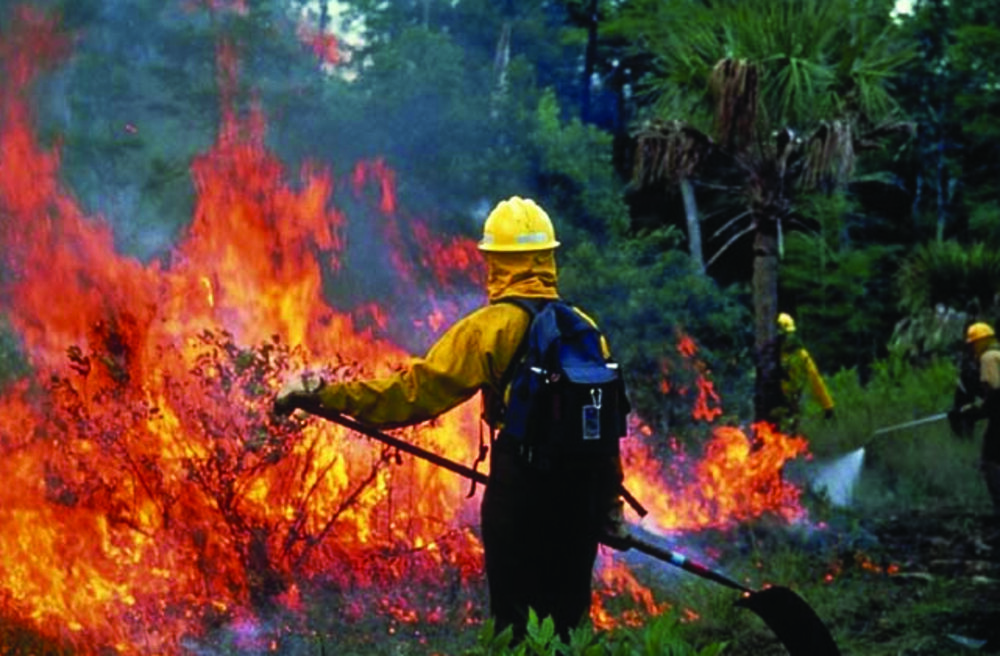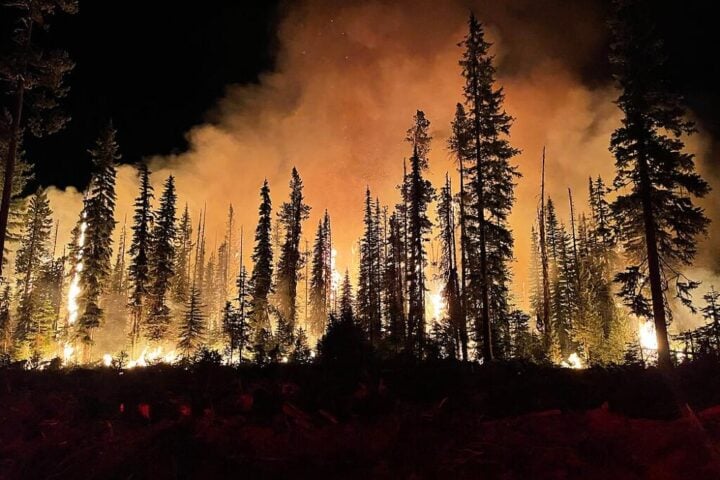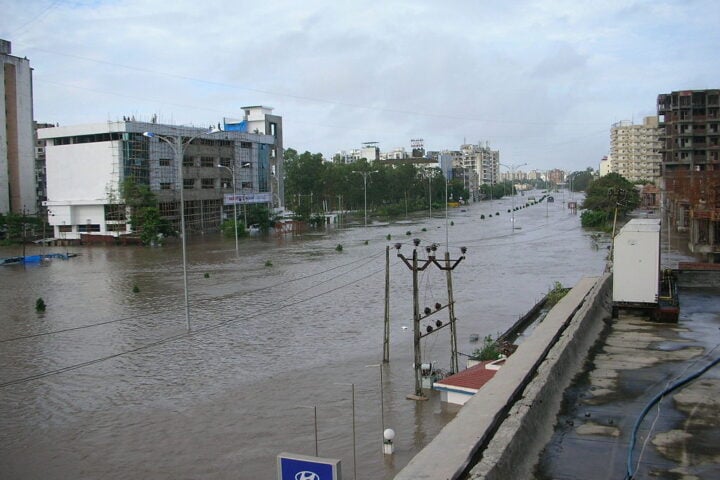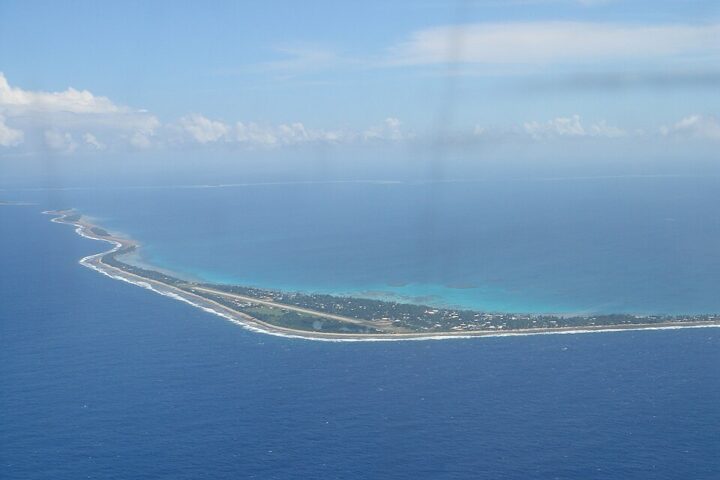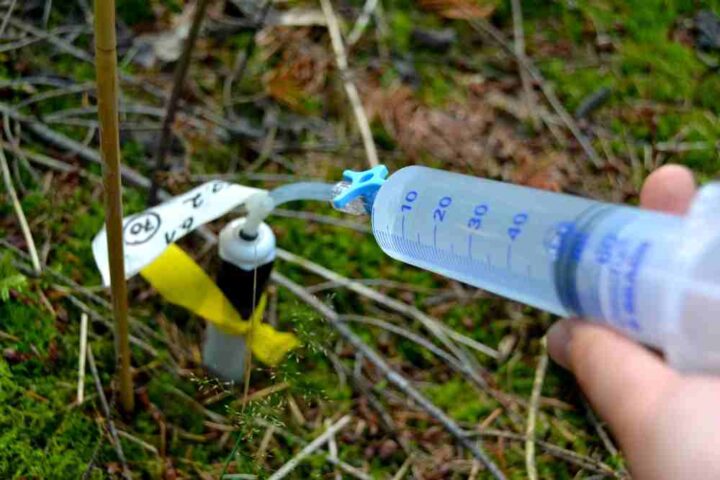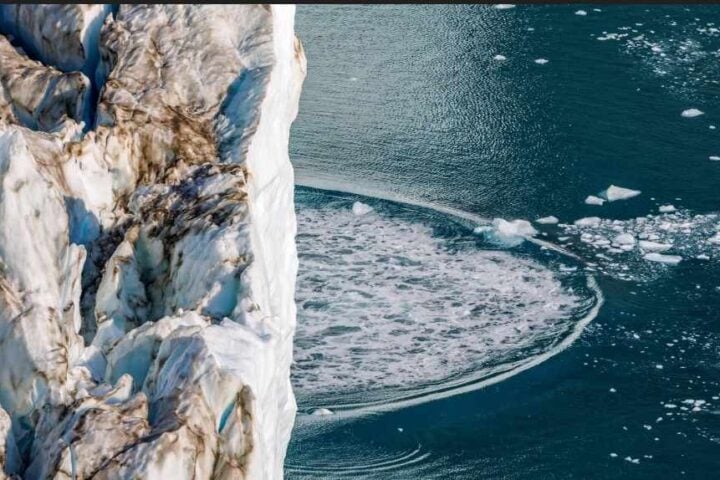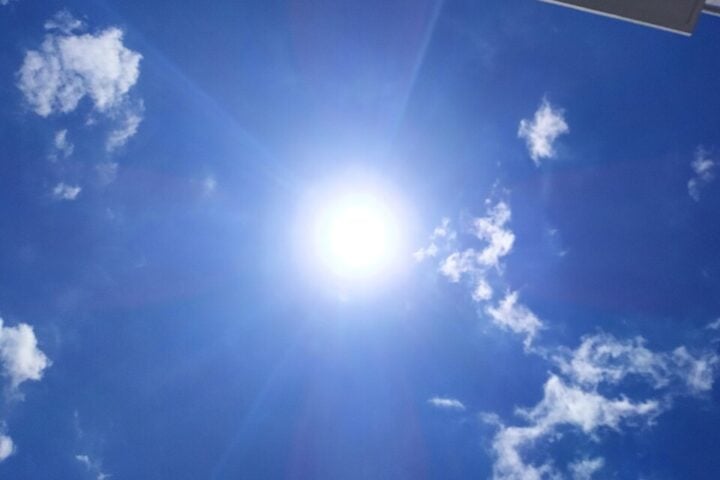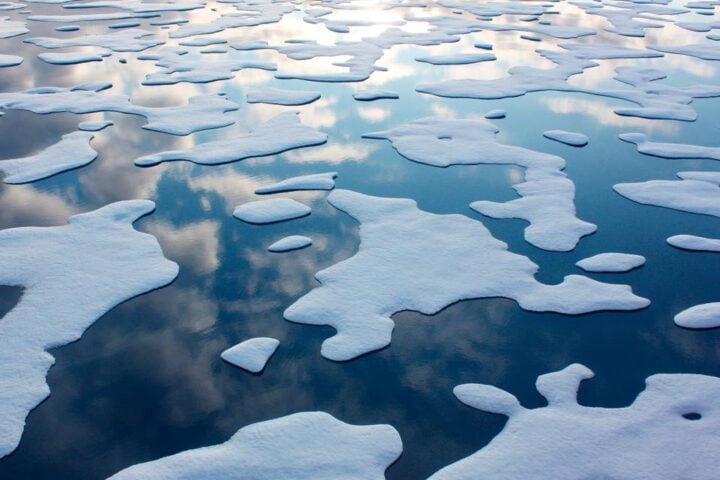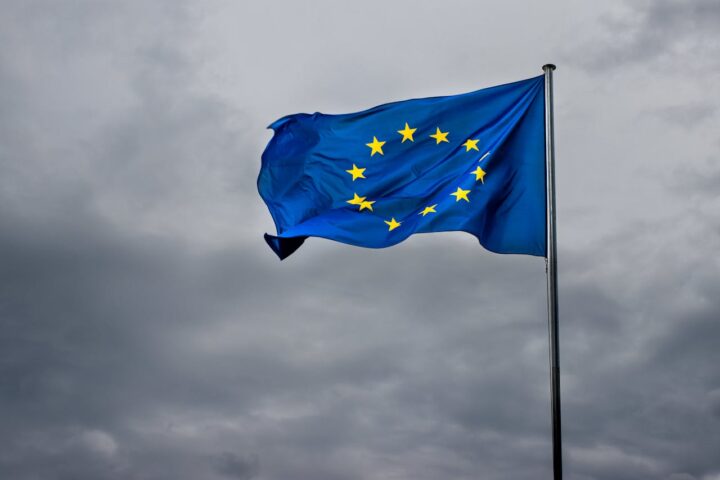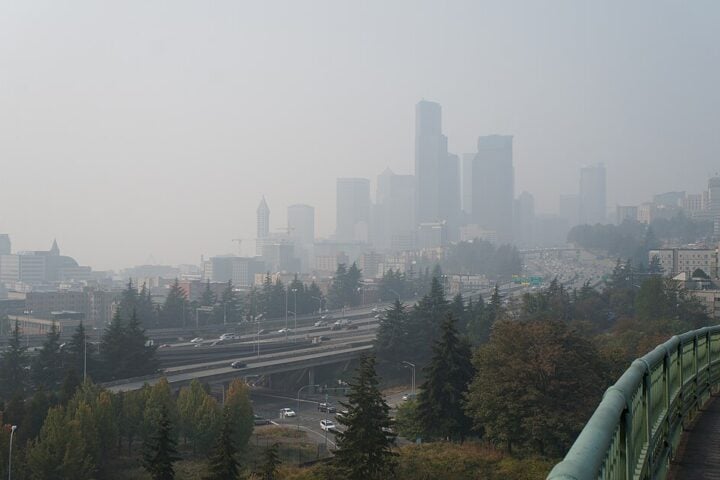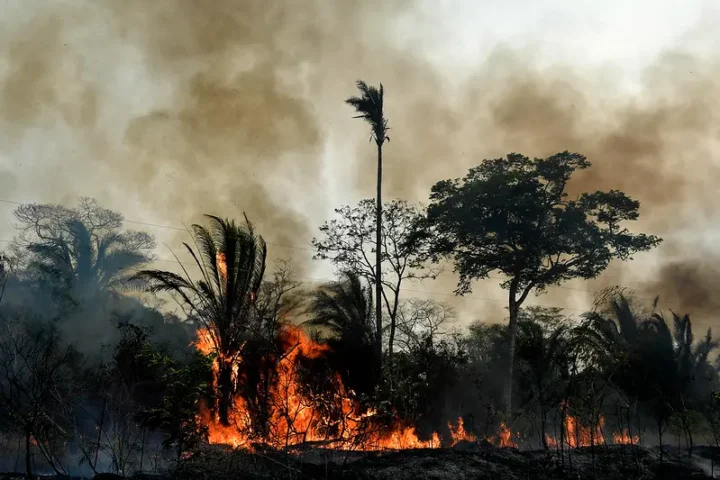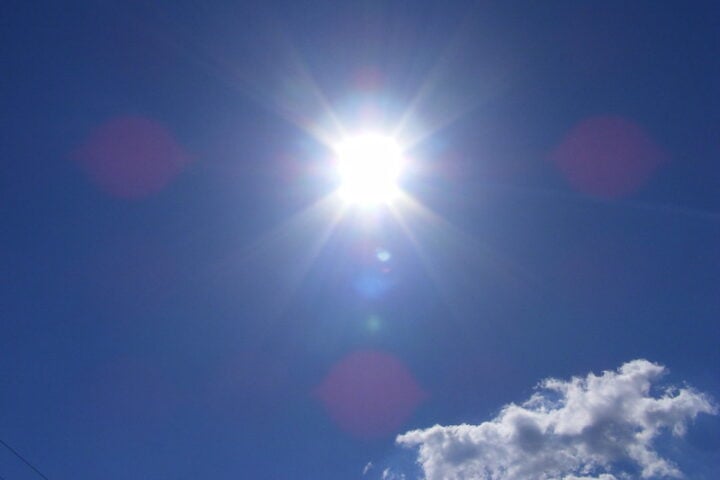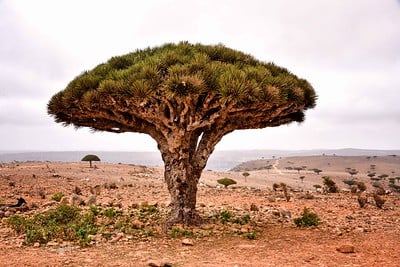The Delicate Balance of Fire Management
In the realm of wildfire management, a study led by UCLA climate scientist Daniel Swain brings to light the subtle yet significant impact of climate change on the effectiveness of prescribed fires in the Western United States. “Global warming will reduce the number of favorable days for prescribed fires throughout the American West,” Swain alerts, pinpointing a 17% average decline in suitable days across the region, primarily during the crucial spring and summer months. The research, published in Communications Earth and Environment, meticulously compares historical and projected climate conditions and vegetation dryness from 1980–2020 with 2020–2060, offering a glimpse into the future implications of our current trajectory.
The Intricacies of Prescribed Fires
Prescribed fires, or controlled burns, are a vital tool, utilized by highly trained firefighters to mitigate the risk of uncontrolled, devastating wildfires by eliminating excess dry plant matter. The precise conditions required for safe controlled burns are being further destabilized by ongoing climate shifts. Swain’s “optimistic” projection of a 2.0 degrees Celsius (3.6 degrees Fahrenheit) warming by 2060 underscores the urgent need for adaptive strategies in managing prescribed fires amidst the evolving climate landscape. Despite the overall reduction, winter emerges with a net 4% increase in favorable days for prescribed fires, suggesting a potential shift towards winter-centric fire management strategies.
Adapting to the Changing Climate
Kristen Shive, a UC Berkeley expert and co-author of the paper, explains that while specific burn prescriptions vary based on location and vegetation type, they commonly target temperatures between 50–70 degrees Fahrenheit with 10–20% relative humidity. Swain emphasizes the necessity for policy and staffing adaptations to harness the potential of winter as an increasingly viable window for prescribed burns. The study reveals stark regional disparities in the impact of climate change on prescribed fire opportunities, with California, especially its coastal and southern regions, experiencing a pronounced reduction, losing a month of days suitable for prescribed fires annually.
Similar Posts
Looking Forward with Informed Strategies
Swain candidly admits, “We’re just not doing a lot of prescribed fire compared to what is needed, at scale, to really address the escalating wildfire crisis.” The research underscores the criticality of prescribed fires, which are meticulously lit by highly trained firefighters to mitigate the risk of uncontrolled, devastating wildfires by eliminating excess dry plant matter. The delicate balance required for safe controlled burns – not too damp to hinder combustion, yet not so dry or windy to unintentionally scorch more vegetation than intended – is being further destabilized by the ongoing climate shifts.
Proactive Measures and Policy Changes
The study does not merely serve as a repository of data but, as Shive puts it, is “giving us advanced warning,” urging a proactive recalibration of policies and strategies. The researchers’ findings illuminate the necessity for agencies responsible for prescribed burns to recalibrate their approaches and staffing, especially considering that most personnel managing prescribed fires are seasonal workers, concluding their roles by mid-autumn. The research does not shy away from addressing the multifaceted reasons behind the dramatic surge in wildfires in the American West, including climate change, human encroachment into fire-prone areas, and the aggressive fire suppression tactics employed in the 20th century.
Navigating Future Challenges
The paper accentuates the imperative of forward-thinking, enabling agencies to strategically plan, especially concerning the firefighting workforce, amidst the anticipated future opportunities and constraints in utilizing prescribed fires. The researchers, while providing a comprehensive analysis of climate and vegetation, consciously opted not to delve into other pivotal aspects such as the ecological impact, public policy considerations, and the effects of smoke on humans and wildlife. The collaborative research, while rooted in historical and projected data, serves as a clarion call, emphasizing the urgency of adapting our wildfire management practices and policies in the face of our rapidly changing climate.
